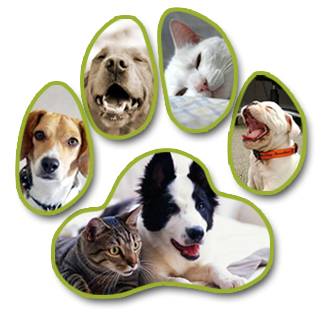

I. Immediately spay or neuter your pet. This will reduce the likelihood of roaming and certain diseases, keep animals healthier, and help eliminate pet overpopulation.
II. Do not let your animal run loose. Always keep your dog secured in your house, in your yard, or on a leash. Cats should stay inside only.
III. Always keep a collar and personalized identification tag on your pet in case your pet gets loose. (Check the collar periodically to make sure it is not too tight.) Consider microchipping as well.
IV. Do not give your pets aspirin or other "people" medicine as they may be deadly to your animal. Chocolates, onions, and some plants are also deadly to animals.
V. Bring your pet to a veterinarian every year for a checkup and receive yearly vaccinations.
VI. By law, dogs (but not cats) must be licensed with the city. Proof of an updated rabies vaccine is required. It is cheaper to license dogs that have been spayed or neutered.
VII. Never leave your pet alone in a car, even for a short time. A dog left in a car with the windows cracked in 80-degree weather may suffer severe damage in as little as 10 minutes.
VIII. Never transport your animal in the open bed of a truck or other vehicle.
IX. Always have plenty of fresh water available for your pet.
X. Always give your pet plenty of love. We guarantee they will do the same in return.
 DEALING WITH AN AGGRESSIVE DOG DEALING WITH AN AGGRESSIVE DOG
Experts in animal behavior suggest these tips if you ever encounter an aggressive dog:
• Do not try to run away.
• Hold your hands at your side.
• Try to avoid making eye contact and do not try to stare the dog down. Slowly back away.
• If the dog attacks, wrap a coat or sweater around your arm to use as a shield and back away as quickly as possible.
• Parents should instruct their children to walk on the other side of the street to avoid aggressive dogs on fenced properties.
• If an attack is imminent, lie in a fetal position and cover your head with your arms.
Source: Los Angeles County
Department of Animal Care and Control
|
|













